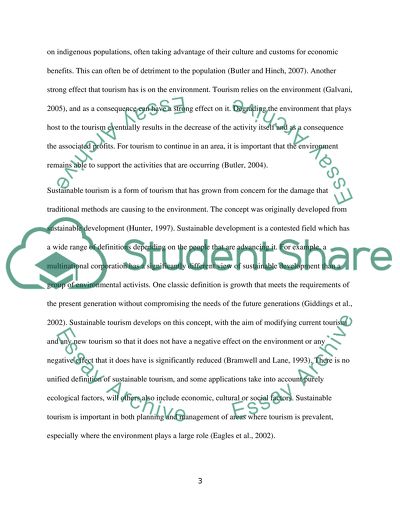Cite this document
(“The Effectiveness and Use of Sustainable Tourism in the World Dissertation”, n.d.)
Retrieved de https://studentshare.org/tourism/1391750-sustainable-tourism
Retrieved de https://studentshare.org/tourism/1391750-sustainable-tourism
(The Effectiveness and Use of Sustainable Tourism in the World Dissertation)
https://studentshare.org/tourism/1391750-sustainable-tourism.
https://studentshare.org/tourism/1391750-sustainable-tourism.
“The Effectiveness and Use of Sustainable Tourism in the World Dissertation”, n.d. https://studentshare.org/tourism/1391750-sustainable-tourism.


